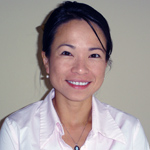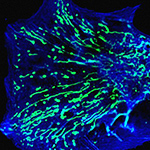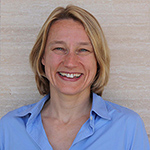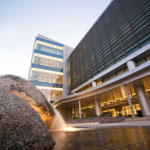Facebook Beats Books - and Faces - in Memory Test
If this were a Facebook post, you would remember it – better than a stranger’s face or a line from a published book.
If this were a Facebook post, you would remember it – better than a stranger’s face or a line from a published book.

If this were a Facebook post, you would remember it – better than a stranger’s face or a line from a published book.

A team of surgeons and scientists at University of California, San Diego School of Medicine have developed a new technique that will allow surgeons to identify during surgery which lymph nodes are cancerous so that healthy tissue can be saved. The findings will be published in the January 15 print edition of Cancer Research.

Repression of a single protein in ordinary fibroblasts is sufficient to directly convert the cells into functional neurons. The findings, which could have far-reaching implications for the development of new treatments for neurodegenerative diseases like Huntington’s, Parkinson’s and Alzheimer’s, will be published online in advance of the January 17 issue of the journal Cell.

Researchers from the University of California, San Diego School of Medicine, collaborating with scientists from San Diego-based biotech company ViaCyte, Inc., looked at the differences and similarities between two types of hESC-derived endocrine cell populations and primary human endocrine cells, with the longer-term goal of developing new stem cell therapies for diabetes.

The Sulpizio Cardiovascular Center located at University of California, San Diego Health System has been named among "100 Hospitals with Great Heart Programs" by Becker's Hospital Review, a business and legal news publication for hospital and health system leadership.

Keep up with all the latest from UC San Diego. Subscribe to the newsletter today.
You have been successfully subscribed to the UC San Diego Today Newsletter.